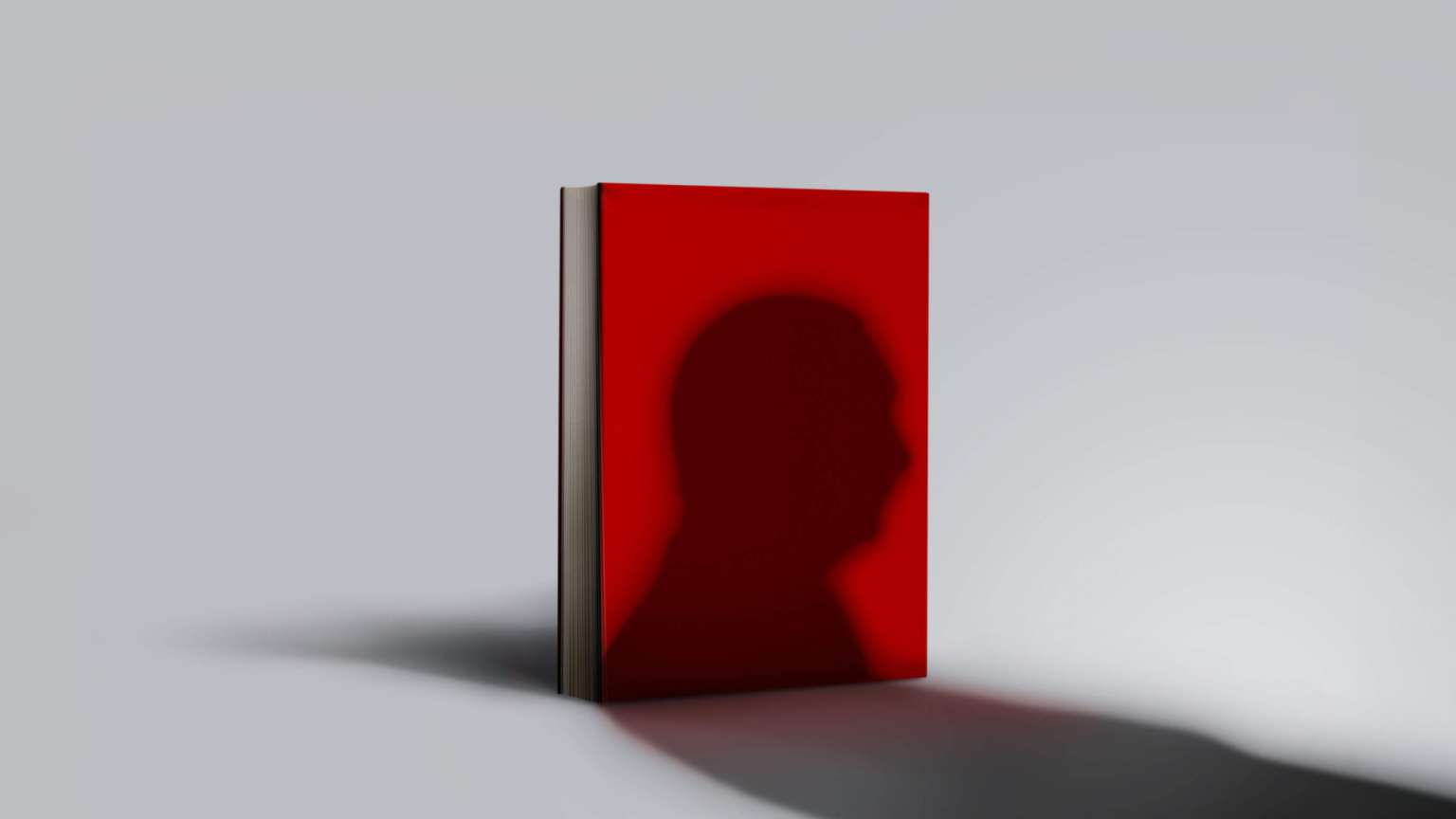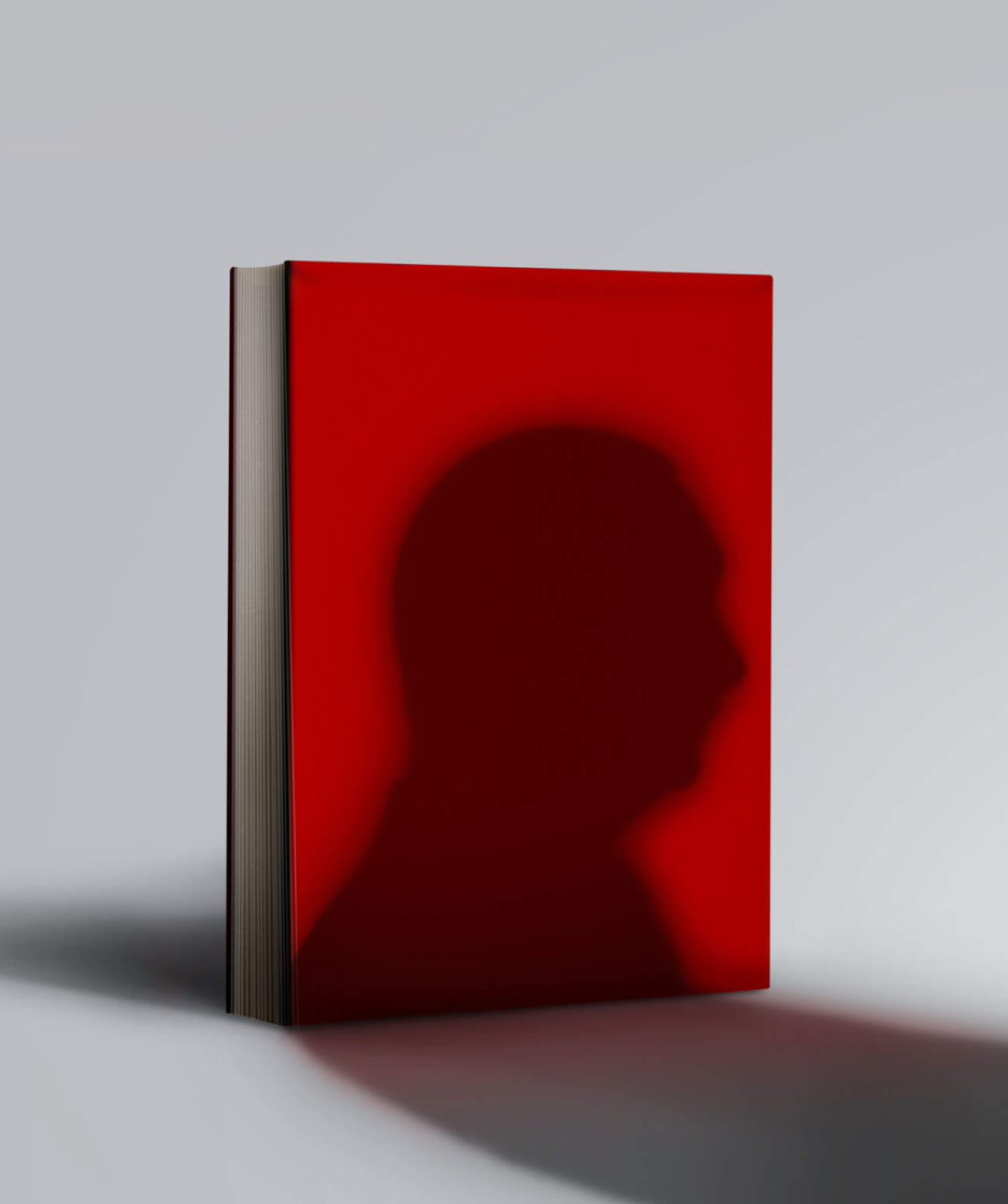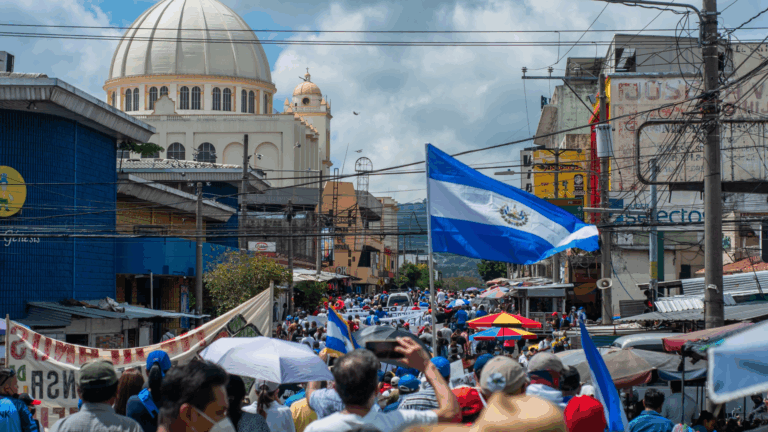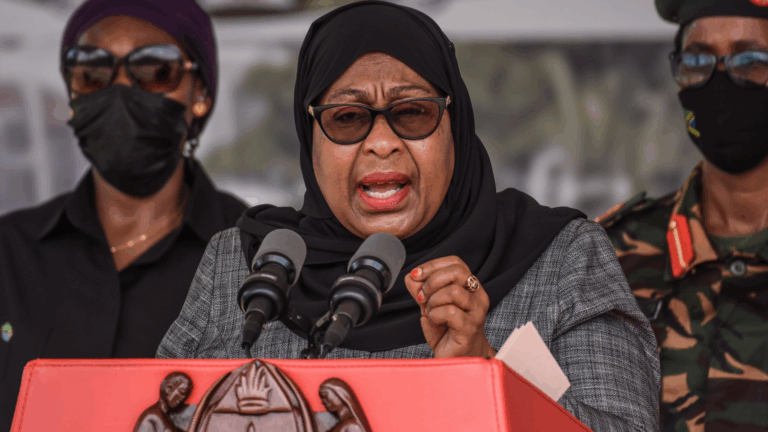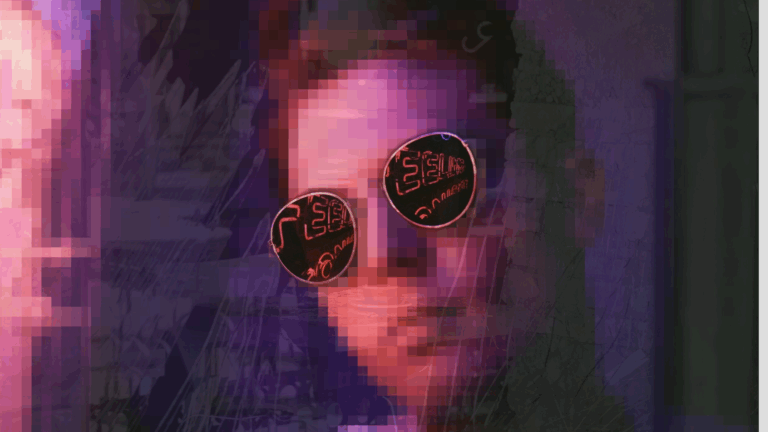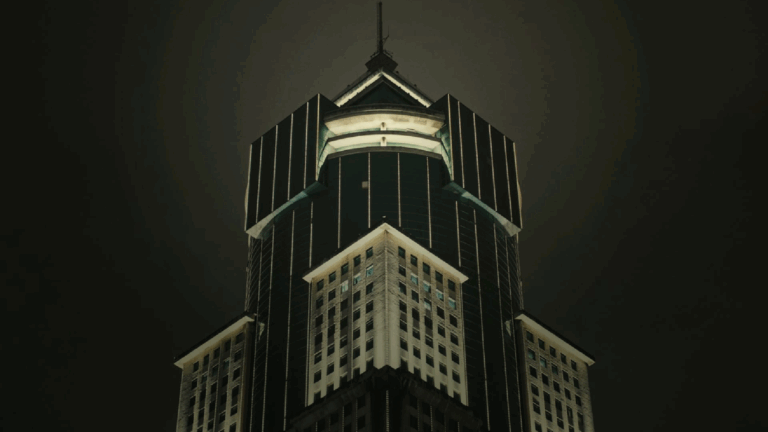By Claudia Bennett, HRF Legal & Policy Researcher
It has been a year since Vladimir Putin intensified his war against Ukraine — a year of brutality, countless war crimes, crimes against humanity, and possibly genocide. But the war in Ukraine is not the first time Putin’s regime has engaged in mass murder and wanton destruction. In fact, he used the very same tactics in the wars in Chechnya and Syria.
In Chechnya, Russian forces refused to create safe corridors for the distribution of humanitarian aid. In Syria, Moscow broke ceasefires surrounding humanitarian corridors, violating international law. In Chechnya, Putin’s regime committed summary executions and massacres. In Syria, Putin’s forces bombed hospitals and schools. In both, Putin employed carpet-bombing campaigns, causing the deaths of tens of thousands.
In Ukraine, the Russian army has employed these same tactics s on a larger, more destructive scale. They bombed the Mariupol evacuation corridor to prevent residents sheltering without water or electricity from receiving humanitarian aid for over a week. Ukrainian children were kidnapped and takento Russia in an attempt to destroy the Ukrainian identity for the next generation. In April, Ukrainian authorities in Bucha discovered over 400 innocent civilians buried in mass graves.
The tactics aren’t the only similarity — so are the people in charge. Putin appointed General Sergei Surovikin, coined the “butcher of Syria,” as the commander in Ukraine. Surovikin was awarded the Hero of the Russian Federation medal, Russia’s highest honor, for his “successful” aerial bombardments in Syria. Colonel General Alexander Zhuravlyov, who leads the rocket artillery brigade that launched the cluster munitions attack in residential districts of Kharkiv, also oversaw some of the most horrific atrocities in Syria.
But there is one key difference: Russia has failed to take Kyiv, unlike Grozny and Aleppo, a great triumph for the Ukrainian people. Courageous Ukrainians continue to push back against Putin and his army. If we have learned anything from Chechnya and Syria, it’s that Putin won’t give up on Ukraine anytime soon.
The international community failed Chechnya, accepting Russia’s claims about its intention to establish stability in the region. They refused to pass a United Nations Human Rights Council resolution on the topic and failed to attach any diplomatic or economic consequences to Putin’s actions. Twelve years after the start of the Syrian war, governments and media institutions have lost interest in the ongoing tragedies. Currently, only one humanitarian aid corridor remains in Syria. Lebanon and Turkey deemed the country “safe” and have begun repatriating Syrian refugees back to this hell-hole. All the while, the media continues to ignore Bashar al-Assad’s arbitrary detentions and enforced disappearances.
Rather than turning a blind eye to the atrocities in Ukraine, like in Chechnya and Syria, the international community must hold Putin and his cronies accountable for the crimes they’ve committed. One avenue to guarantee accountability is judicial prosecution. Oslo Freedom Forum speaker and Nobel Peace Prize laureate, Oleksandra Matviichuk, a human rights lawyer and the head of the Center for Civil Liberties, is advocating for a hybrid tribunal rather than an entirely domestic or international court.
A hybrid tribunal prosecutes international crimes but allows for the involvement of domestic actors and proximity to where the crimes occurred. Unlike international tribunals, which take years to form and primarily prosecute top-level offenders, hybrid tribunals focus on all offenders and can begin immediately. As of December, 50,000 investigations of alleged war crimes have been opened in Ukraine. While the International Criminal Court has sent its largest-ever team of experts to investigate the crimes, scholars are doubtful of the impact thus far. Of course, there are hurdles, like needing support from two-thirds of member states in the UN General Assembly. And even more challenging is securing a vote by the UN Security Council, where Russia is a permanent member.
These hurdles shouldn’t prevent the international community from holding Putin accountable for grave and systemic violations. Enough is enough. Victory for Ukraine and a regime change in Russia are the ultimate goals, but a hybrid tribunal is one way we can ensure justice for Ukraine. The international community must take action before more lives are lost, before the media and, consequently, the public loses interest, and, most importantly, before Putin adds a new country to his playbook.


